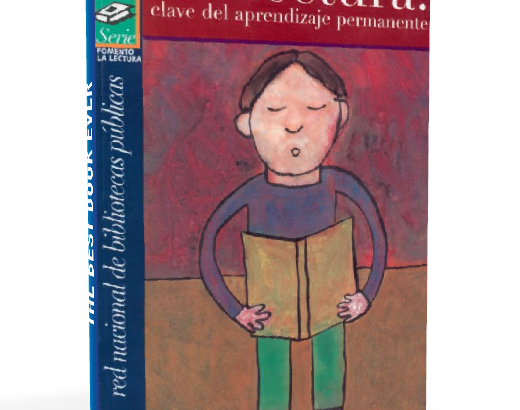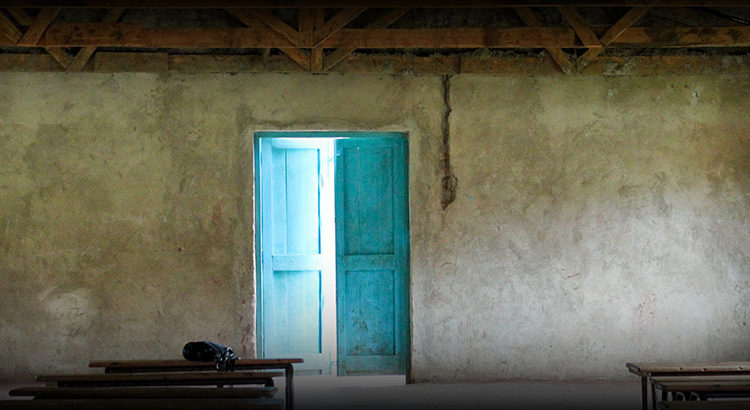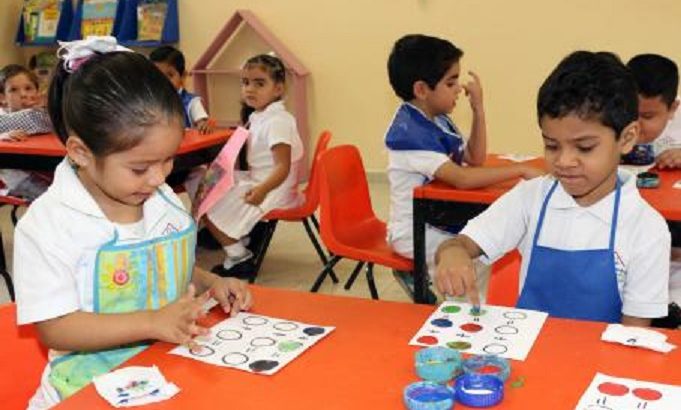América del sur/Argentina/Fuente:http://www.rosarioplus.com/
Por:Juan Mascardi.
Lo que no se graba no existe. La premisa del registro total puede ser el punto de partida para entender las prácticas sociales de las nuevas generaciones que celular en mano intentan registrar sus entornos de forma constante. Grabar y compartir en redes sociales. Un rasgo central de la experiencia audiovisual en las sociedades contemporáneas
Cámaras de videovigilancia, microcámaras que pueden navegar por nuestras venas, cámaras en los lentes. Portátiles, livianas, insignificantes y diminutas las cámaras se colaron en las sociedades y permiten un flujo de comunicación que va de la vigilancia absoluta hasta establecer lazos afectivos en distintos puntos del continente. “La vida moderna se desarrolla en la pantalla”, afirma Nicholas Mirzoeff. Y mientras ese registro se potencia, desde las instituciones modernas se repiensa la forma de incorporarlas como herramientas de comunicación. Un caso emblemático es la experiencia Cortos 72 horas, Jornada de Realización Audiovisual que se desarrolla en Cañada de Gómez, en el sur de Santa Fe, desde hace cuatro años.
Las Jornadas Intensivas de Realización Audiovisual son organizadas por la Municipalidad de Cañada de Gómez. Una experiencia de alfabetización audiovisual sin precedentes en la región. Durante cuatro jornadas, más de doscientos estudiantes de escuelas secundarias formados en equipos tienen la misión de realizar un cortometraje. Días atrás se proyectaron los cortos ganadores y además es tiempo para la reflexión sobre cómo derrama la experiencia en el proceso de aprendizaje. “No es nada original decir que la escuela tradicional está en crisis, pero cuando se dan este tipo de experiencias el contraste se evidencia con mayor crudeza una vez que concluyen las setenta y dos horas y hay que regresar al colegio”, afirma Fabián Rodríguez, responsable de área de Comunicación municipal y organizador del evento.
“De todas las instituciones educativas que participan de la experiencia, existen algunas que tienen directivos que comprenden que es vital extender el formato 72 horas al interior de los espacios curriculares y con ellos trabajamos cómodamente hacia el interior de las escuelas, con otras experiencias similares”, agrega el comunicador social. Rodríguez está convencido que la jornada sumada a otras estrategias de aprendizaje similares deben calar en lo más profundo de cada escuela “sino queremos seguir reproduciendo el fracaso del sistema educativo”.
La mirada de los pibes:
Los estudiantes parten de la temida hoja en blanco. “Uno de nuestras mayores críticas al sistema educativo formal, es que en los distintos espacios curriculares a los estudiantes se los encorseta en macro temas a la hora de producir un trabajo. Entonces sucede que quedan atrapados en relatos grandilocuentes y terminan reproduciendo discursos artificiales, aleccionadores”, agrega Rodríguez. Desde Cortos 72 Horas procuran interpelar a los jóvenes para que se despojen de esos ‘macro temas’ y traten de narrar su cotidianidad. De algún modo empujan a los estudiantes a que vuelvan a mirar su realidad, su contexto con otra óptica.
“El resultado es que terminan abordando diferentes temáticas pero más como una consecuencia que como una búsqueda. En los inicios de esta experiencia los chicos llegaban y te decían queremos hacer un corto sobre ‘el bullyng’, ‘la anorexia», ‘la trata’, ‘la droga’. Hoy quizás siguen tocando esos temas pero no están prisioneros de ellos”, argumenta Rodríguez.
Estos son los cortos ganadores del 2016
«Uno igual al resto», Mejor Cortometraje 2016. Cuenta la historia de Thiago, un adolescente que atraviesa diversos conflictos de sociabilidad, tanto en su casa con sus padres, así como en la escuela, lo cual desencadena una sucesión de conflictos que desembocan en un desenlace inesperado. Con una puesta en escena sobria, solidas interpretaciones y una factura técnica impecable, recoge de forma cabal una de las consignas claves de Cortos 72 Horas; contar algo de la cotidianidad juvenil de forma extraordinaria.
En el caso de Marcos y Augusto se trata del tercer cortometraje que encarnan para Cortos 72 Horas, con un gran compromiso y despliegue de recursos interpretativos.
El proyecto está totalmente subvencionado con recursos del estado municipal. No existen sponsors externos ni aportes de otros estamentos gubernamentales. Se autogestiona en su totalidad ya que prima una decisión política inclusiva. “Este año hubo un salto cualitativo en la evolución narrativa. Los mismos jóvenes lo detectan cuando bucean en Youtube, encuentran cortos de la primera o segunda edición y los comparan con los suyos. Creo sinceramente que los jóvenes, incluso muchos docentes, cuando regresamos al aula luego de la intensa experiencia de Cortos 72 Horas, sentimos cierta desazón, cierto sabor amargo o imposibilidad de cristalizar en el aula el mismo formato de aprendizaje debido a la cantidad de reglas propias de la ‘Institución Escuela’”, remata Rodríguez.
Fuente: http://www.rosarioplus.com/enotrostemas/Como-usar-las-herramientas-audiovisuales-en-la-escuela-20160716-0004.html
Imagen: http://www.rosarioplus.com/__export/1468678421582/sites/rosarioplus/img/2016/07/16/cortos_72_horas_ganadores0.jpg_501420591.jpg














 Users Today : 15
Users Today : 15 Total Users : 35460398
Total Users : 35460398 Views Today : 32
Views Today : 32 Total views : 3419195
Total views : 3419195